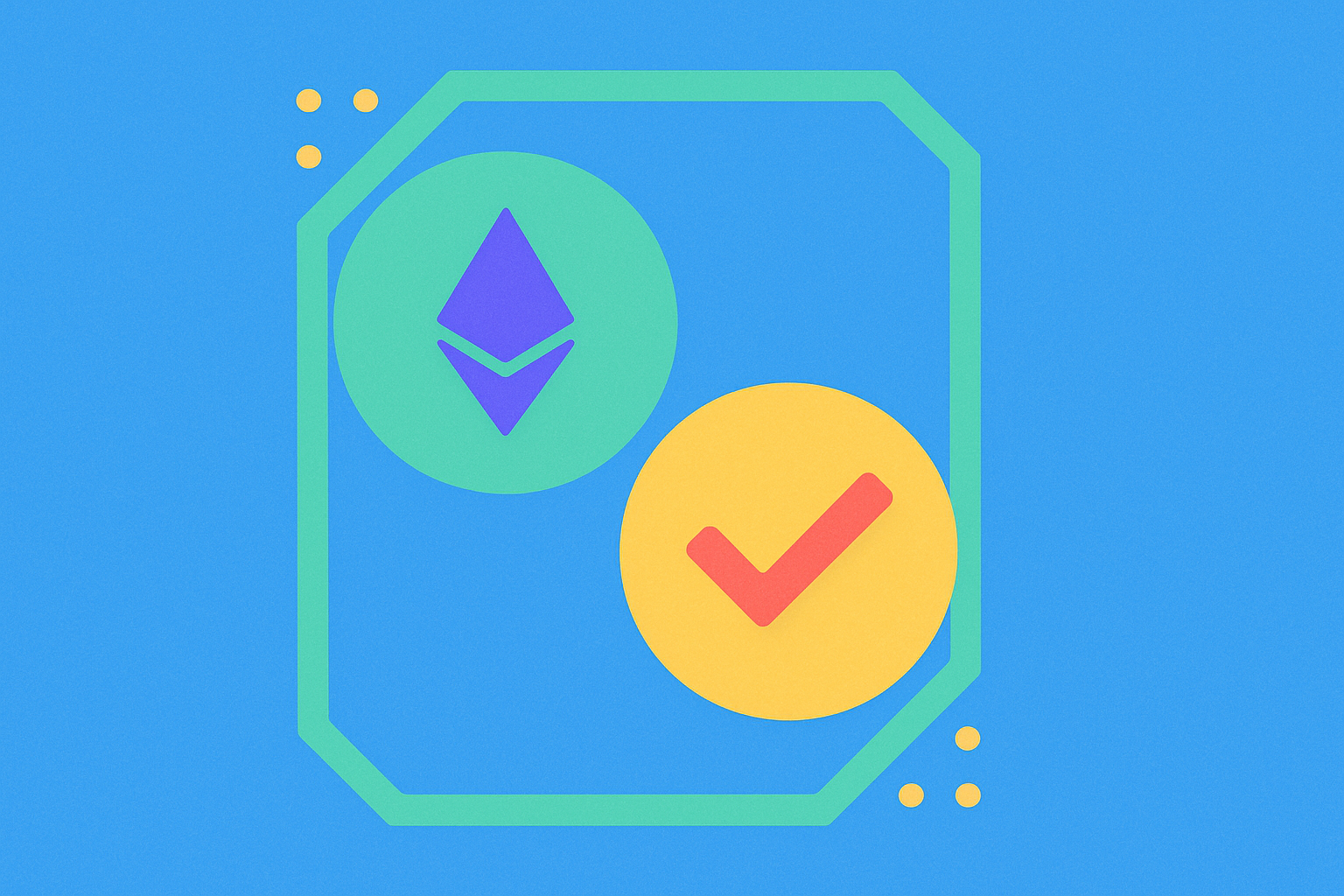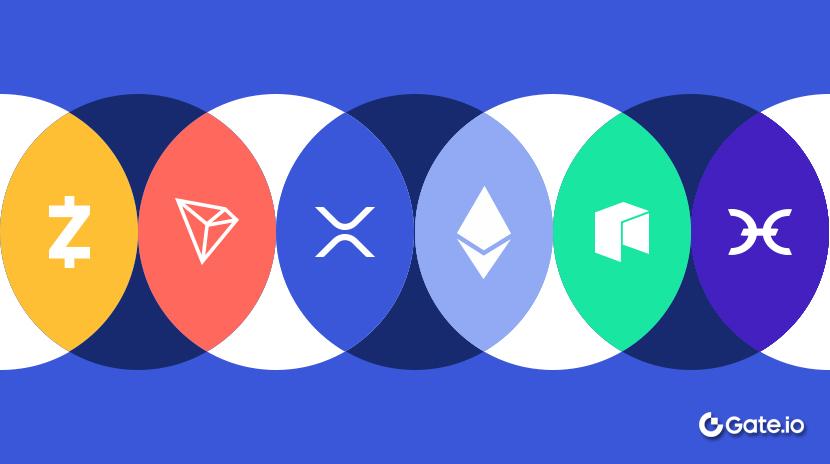esports definition

What Is Esports?
Esports, or electronic sports, refers to the organization of video games into competitive sporting events. It features professional teams, standardized tournament formats, and open channels for public viewing. Esports spans a range of genres including strategy, shooter, and sports games, connecting players, fans, and sponsors through tournament platforms and streaming services.
At its core, esports is built on fair rules and verifiable results. Audiences can watch live matches, send virtual gifts, or purchase merchandise via streaming platforms. Teams operate through sponsorships and prize earnings. Both online and offline tournaments are held, forming a complete ecosystem.
Why Is Esports Gaining Attention?
Esports has attracted significant attention by transforming gaming skills and team coordination into spectator competitions with strong narratives and high interactivity. Fans engage in real-time discussions through live chats and community forums, increasing immersion and social value.
By November 2025, industry reports from Newzoo estimate that global esports viewership has reached several hundred million. The growth is driven primarily by live streaming and short video platforms (Source: Newzoo, November 2025). Brand sponsorships and co-branded merchandise continue to expand, supporting a stable path to commercialization for esports.
What Does Esports Mean in Web3?
In the context of Web3, esports involves bringing competition data, assets, and rights on-chain, establishing verifiable and transferable digital ownership and incentive mechanisms. Fans are not just spectators—they can also hold assets and actively participate.
A blockchain acts as a public ledger where anyone can verify entries. On this ledger, team badges, player memorabilia cards, or event tickets can be minted as NFTs (non-fungible tokens—unique digital collectibles). Fan tokens function as tradable loyalty points, which can be used for voting, redeeming perks, or joining activities.
How Does Esports Operate on Blockchain?
The key to integrating esports with blockchain lies in encoding match events and reward processes into smart contracts. A smart contract is an automated set of rules that executes payments or grants privileges once predefined conditions are met.
For example, tournament platforms can upload core match summaries on-chain to ensure records are tamper-proof. Prize pools are managed by smart contracts; after the results are confirmed by an officiating system, the contract automatically distributes winnings and team shares based on preset ratios and sends rewards to the corresponding addresses. This makes processes transparent, auditable, and reduces the need for trust.
What Are the Practical Applications of Esports and NFTs?
Combining esports with NFTs turns “digital merchandise and tickets” into ownable and provable assets. NFTs serve as official, uniquely numbered collectibles that prove ownership of specific rights.
Practical scenarios include player milestone memorabilia cards, limited edition team badges, on-chain tickets, and membership passes. Holders may receive priority entry to events, autograph session access, or merchandise discounts. On Gate’s NFT marketplace, you can follow officially verified team collections to avoid buying unverified items and reduce the risks of counterfeiting or copyright infringement.
How to Participate in Esports Fan Tokens?
Esports fan tokens are tradable digital rights tied to teams or tournaments. They are commonly used for community voting, merchandise redemption, or discounted event tickets. To participate:
Step 1: Register an account on Gate and complete security settings such as two-factor authentication and fund password to ensure basic security.
Step 2: Search for officially announced fan tokens in Gate’s spot trading section or event portals. Verify the issuer and compliance statements; review the whitepaper and risk disclosures.
Step 3: Manage your position size and risk exposure. After trading or subscribing to activities, track when benefits become available and stay updated on rule changes to avoid being unable to exit due to low liquidity.
Fan token prices may fluctuate based on tournament results, media buzz, and token issuance mechanisms. Always assess your risk tolerance before participating.
What Is the Relationship Between Esports and GameFi?
Esports and GameFi intersect by embedding both playability and competitiveness into games with token economies. GameFi typically emphasizes “play-to-earn,” while esports focuses on fair competition and high-level matches. Their integration enables on-chain tournaments with skill-based reward mechanisms.
For example, some Web3 games feature seasonal rankings with rewards distributed by smart contracts. Teams can join leagues by holding specific NFTs or tokens; fans can vote on match schedules or exhibition lineups directly on-chain. However, long-term sustainability relies on sound game design and economic models—high yield promises alone are not enough.
What Are the Risks and Compliance Issues in Esports?
Risks in esports include token price volatility, unstable project operations, smart contract vulnerabilities, and intellectual property disputes. Compliance issues cover IP rights for tickets and merchandise, privacy concerns around data being on-chain, and varying regulatory requirements across regions.
Prioritize fund security: Enable exchange security settings, beware of phishing links and fake official channels. When purchasing NFTs or fan tokens, verify contract addresses and issuer credentials; monitor platform risk advisories. Smart contracts handling matches and prize distribution should be audited by third parties with reports made public.
How Does Web3 Esports Differ from Traditional Esports Economies?
The main difference lies in “value attribution and distribution.” In traditional esports models, revenue is concentrated among platforms and sponsors; the Web3 model allocates a portion of value and rights to fans and community members via tokens and NFTs.
This shift enhances verifiability and participation but introduces market volatility and compliance challenges. Teams and organizers must balance openness with stability by establishing clear governance and risk control systems.
How Are Web3 Trends Shaping Esports?
Web3 trends in esports are moving from “piloting asset tokenization” towards “core process tokenization”—including match records, prize distribution, and compliance reporting. To reduce gas fees and improve speed, tournament platforms adopt Layer 2 solutions that batch transactions off-chain before finalizing them on-chain.
According to community dashboard data, on-chain esports interactions increased in the second half of 2025 (Source: Dune Community Dashboard, December 2025). In the coming year, official team NFT and fan token compliance certification is expected to be a major focus area for building trust and secondary market liquidity.
Key Takeaways: Esports in Web3
Esports organizes video games into fair competitive sporting events. Web3 brings competition data, assets, and rights on-chain, improving transparency and participation. Blockchain technology and smart contracts make prize pools and records more transparent; NFTs and fan tokens create new value connections between fans and teams. When participating through platforms like Gate, always set up strong security measures, verify issuers, manage your risk exposure responsibly—and balance experience with risk management for steady participation in this evolving sector.
FAQ
What Is the Difference Between Esports and Casual Gaming?
Esports is a professional activity focused on competition, while casual gaming is mainly for entertainment. Esports players undergo specialized training, participate in formal tournaments with standardized rules, often compete for prizes, and operate under professional management. In short: esports turns gaming into a competitive sport.
What Kind of Games Are Suitable for Esports?
Esports titles must offer fair competition, clear skill differentiation, and strong spectator appeal. Popular genres include MOBAs (such as League of Legends), FPS games (like Counter-Strike), fighting games, etc. These games feature clear win conditions and well-defined tournament rule sets.
What Are the Main Components of the Esports Industry Chain?
The esports industry chain includes game developers, tournament operators, professional teams, streaming platforms, sponsors, and fans. Each segment has its revenue streams—such as tournament income, broadcast rights sales, advertising sponsorships, fan contributions—creating a complete business ecosystem.
What Does It Take to Become a Professional Esports Player?
Professional players need exceptional gaming skills, quick reflexes, psychological resilience, and systematic training within a pro team environment. Most pros start gaining experience in their teens by participating in various levels of competitions. The career span is generally short—planning ahead is essential.
How Can I Watch Esports Matches?
Esports tournaments can be watched through dedicated streaming platforms (such as Bilibili, Douyin/TikTok, YouTube), at live venues, or via TV broadcasts. Major events usually feature commentary and analysis to help audiences understand match details. Fans can also interact with players through cheering activities or voting systems.
Related Articles

What Is Fundamental Analysis?

What Are Altcoins?
